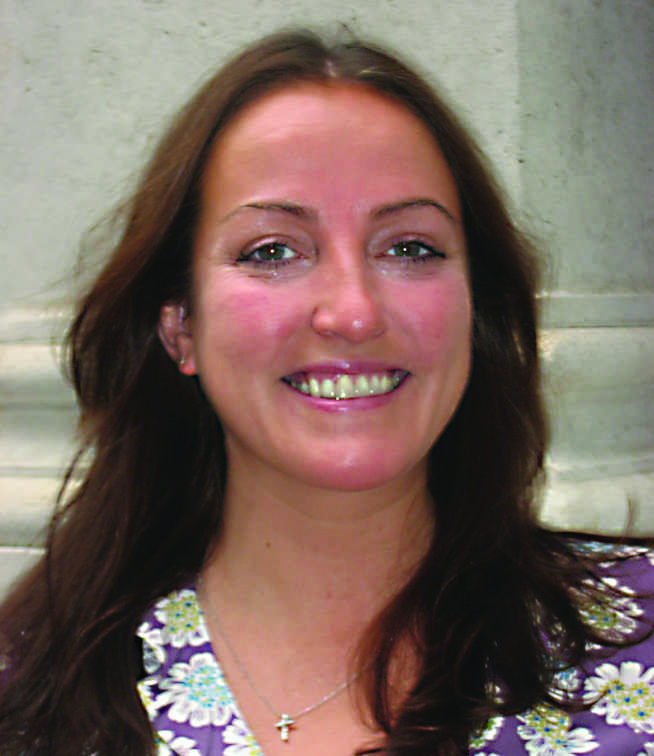
Dr Lesley Drake (PhD Epidemiology/Parasitology 1993) returned after completing her PhD at the College to manage the Partnership for Child Development (PCD) based at Imperial's School of Public Health. She tells us about the impact of her work with the PCD, and how her time at Imperial prepared her for the role.
Can you tell us about your studies at Imperial?
"I have been based at Imperial for a long time: I studied my BSc and MSc here and completed my studies with a PhD. During my PhD, I looked at the relationship between parasitic worm infections and their hosts and how this might be exploited in the quest for more effective drug and vaccine design. I also deepened my understanding of the relevance of academic rigour in the real world context. My studies gave me the freedom to explore how my own naïve thinking could better contribute to global thinking and how best science can be applied to guide and support real world solutions."
What is your fondest memory of your time here?
"Coming from a working class background, I was placed in an environment that not only had academic excellence, but was also a place that brought together like-minded individuals. It was an environment that allowed me to express my opinions and views and allowed me to develop how I saw myself contributing to the larger picture in a constructive way. Imperial gave me academic, intellectual and emotional freedom. It is a truly wonderful place to be!"
Tell us a bit about the work you’re doing now.
"I took on a series of posts at other institutions, but found that my solid academic grounding at Imperial and its fundamental ethos led me back here. I am currently the Executive Director of the Partnership for Child Development (PCD), based at Imperial’s School of Public Health. PCD focuses on strengthening the evidence base on the effective implementation of school health and nutrition programmes delivered by national governments in low and middle income countries. These programmes have been shown to improve the health, education and nutrition of school-aged children.
"Imperial gave me academic, intellectual and emotional freedom. It is a truly wonderful place to be!"
For over 20 years PCD has provided support to a range of government-led programmes including deworming children for parasitic worms, screening and spectacle provision for children with poor vision, providing hot nutritious meals in schools, promoting HIV/AIDs awareness, and providing safe water and sanitation facilities. Our global partnerships with the World Bank and the World Food Programme have been key in strengthening the design of school health and nutrition programmes.
I also sit as Deputy Director of the London Centre for Neglected Tropical Diseases (NTDs). The Centre was formed in 2013 as a joint initiative between Imperial College London, the London School of Hygiene & Tropical Medicine, the Natural History Museum, and the Royal Veterinary College to undertake cutting-edge research to inform the design, implementation and evaluation of NTDs control and elimination programmes. I am also a member of a number of committees that have a global reach and influence in terms of child development."
How has what you learnt at Imperial helped you in your career so far?
"Imperial has provided me with the solid academic training to interact and collaborate with all stakeholders, whether they be governments, funding agencies and other partners to recognise the true worth of academic excellence. The key advantage of this is what it brings to the table in making sustainable development goals a reality."
What are your plans for the future?
"To continue to contribute to the thinking of how best to strengthen and scale up in a sustainable manner as well as addressing how investment in the health, nutrition and education of children can contribute to the economic development of countries and the safeguarding of future generations of children."
What would be your advice for current students?
"Embrace the intellectual freedom that Imperial provides and use this to deepen your understanding of how, you, personally, can contribute to the world."
Do you have a favourite quote or saying?
“Let’s take the issue out of politics and put it into policy” - Minister of Local Government Ghana, 2013.
Lesley's advice for current students
"Embrace the intellectual freedom that Imperial provides and use this to deepen your understanding of how, you, personally, can contribute to the world."